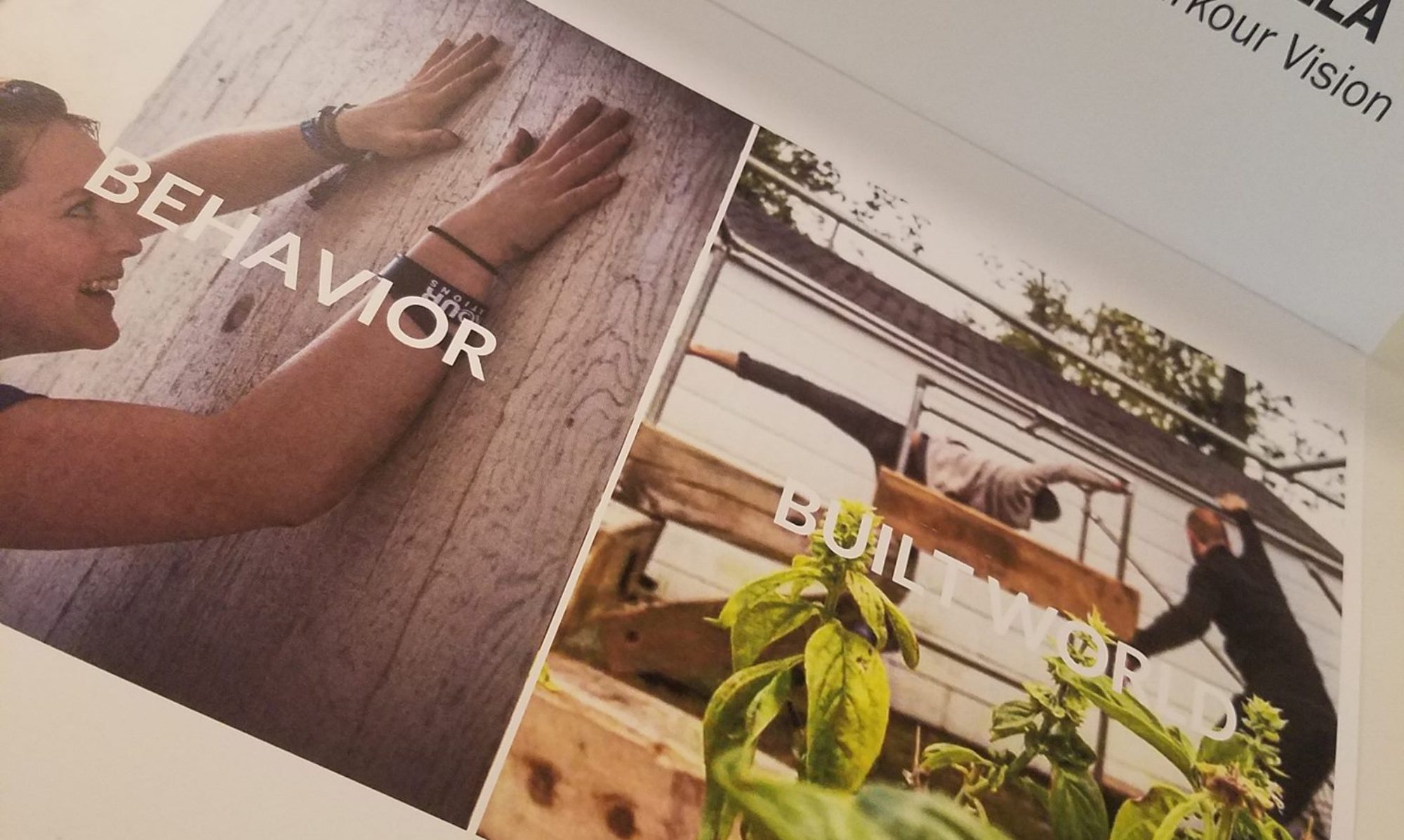On Play
Play is not just an act of joy and pleasure but and exploration of our darker feelings; a space to also move to pain and sadness.
Play can let you experience your feelings and free you from living your feelings.
Questions Needing Answers
- What does the normalization of parkour create/why is it important?
- What can we do as individual practitioners to further the normalization of play in public space?
- How do spaces / places / communities permit or restrict individual movement?
- How do these permission/restrictions change based on identity, location.
- How can spaces be redesigned to be more permissive? How can laws or societal patterns be shifted to be more permissive?
- What can the emergence & practice of parkour or these types of interactive urban space activities (like parcon?) reveal about the deficiencies of our cities/spaces?
Whats the body in regards to mobility?
Something you own, that needs to be improved, maintained, fixed. Emotions, history as we relate to the spaces we live in. We interact with those spaces different due to those emotions/history? Our bodies are not neutral; processing truama/emotions through movement.
When we turn our bodies into property, we empty them of movement.
When we practice parkour, we dont just ineract with the architecture but the history there. We’re going to have different relationships to the place and we’re going to be moving with the architecture differently. How is there mobility for moving emotion, trauma, history? Whos history is illuminated through design?
We are always projecting things onto our architecture.
On Authenticity
Staging Conversations: I can test out versions of myself and pick the one that is most authentic and with greatest integrity
On Relationship Building
How can we move from the transactional to the transformative? I want reject consumerism and experience communion with my fellow humans; to move from the indifferent to the interactive.
